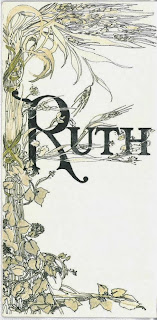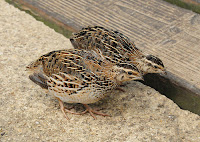The Book of Ruth Series - The Return - Lesson 8

Ruth 1:19-22: It was April and the beginning of barley harvest when Naomi, with Ruth, returned to Bethlehem. The whole city was excited. They hadn’t seen Naomi in years and the women of Bethlehem almost didn’t recognize her. So, they asked, “Is this Naomi?” Over time, everyone changes, but Naomi’s grief had greatly altered her countenance. Her face did not express the pleasant, delightful and lovely person she was when she left. Quickly Naomi retorted, “…Do not call me Naomi, call me Mara [meaning bitterness], for the Almighty has dealt very bitterly with me. I went out full, and the Lord has brought me home again empty. Why do you call me Naomi, since the Lord has testified against me, and the Almighty has afflicted me?”













